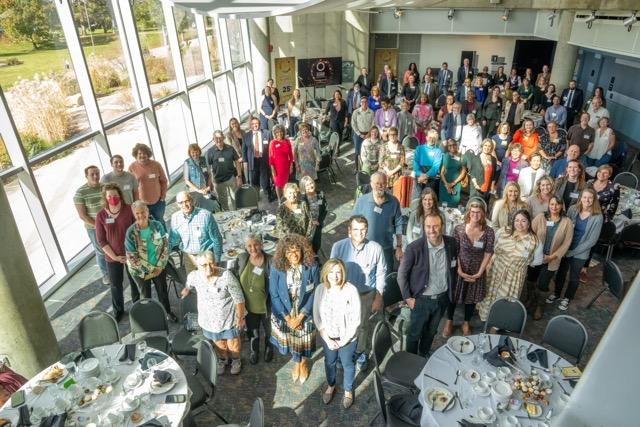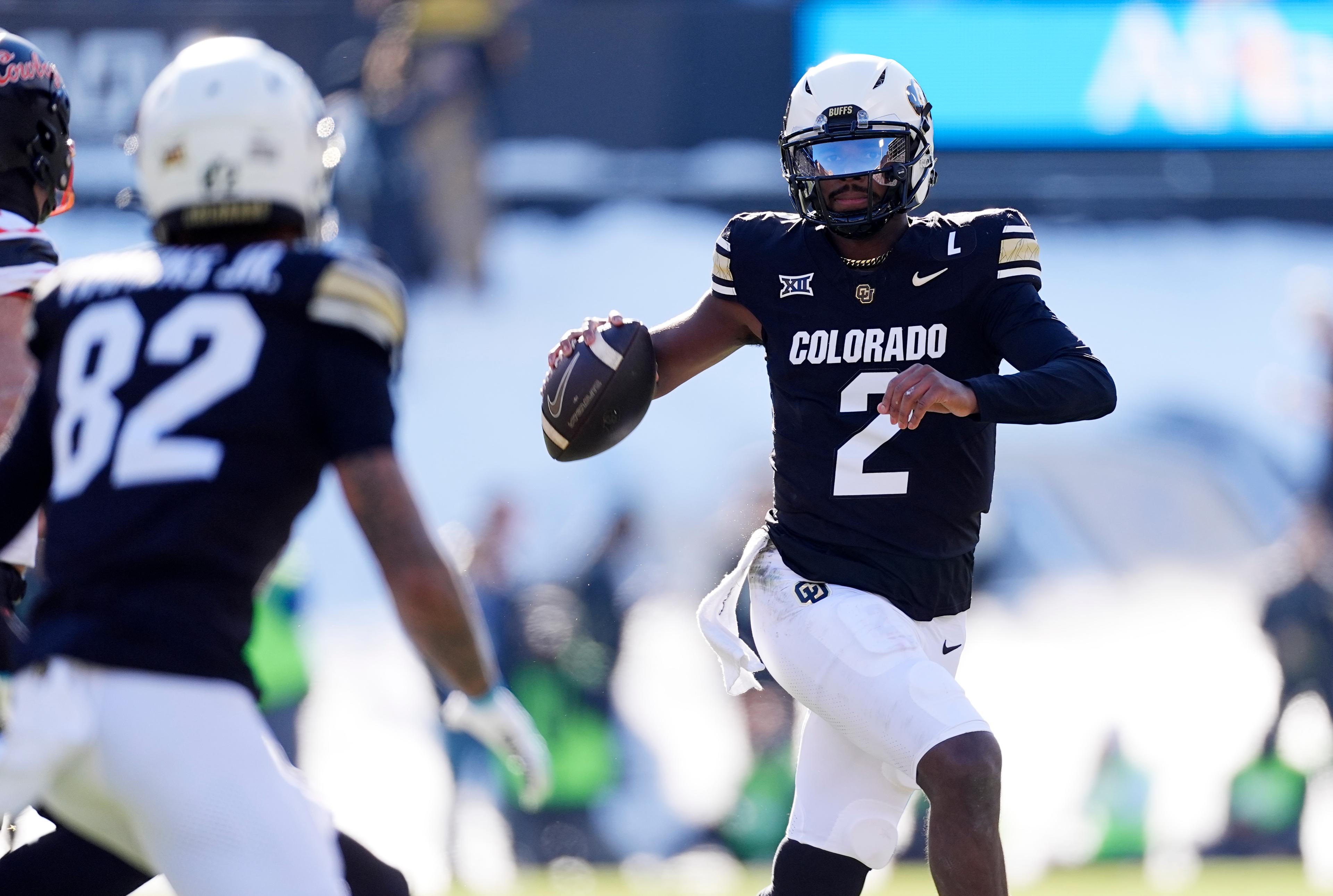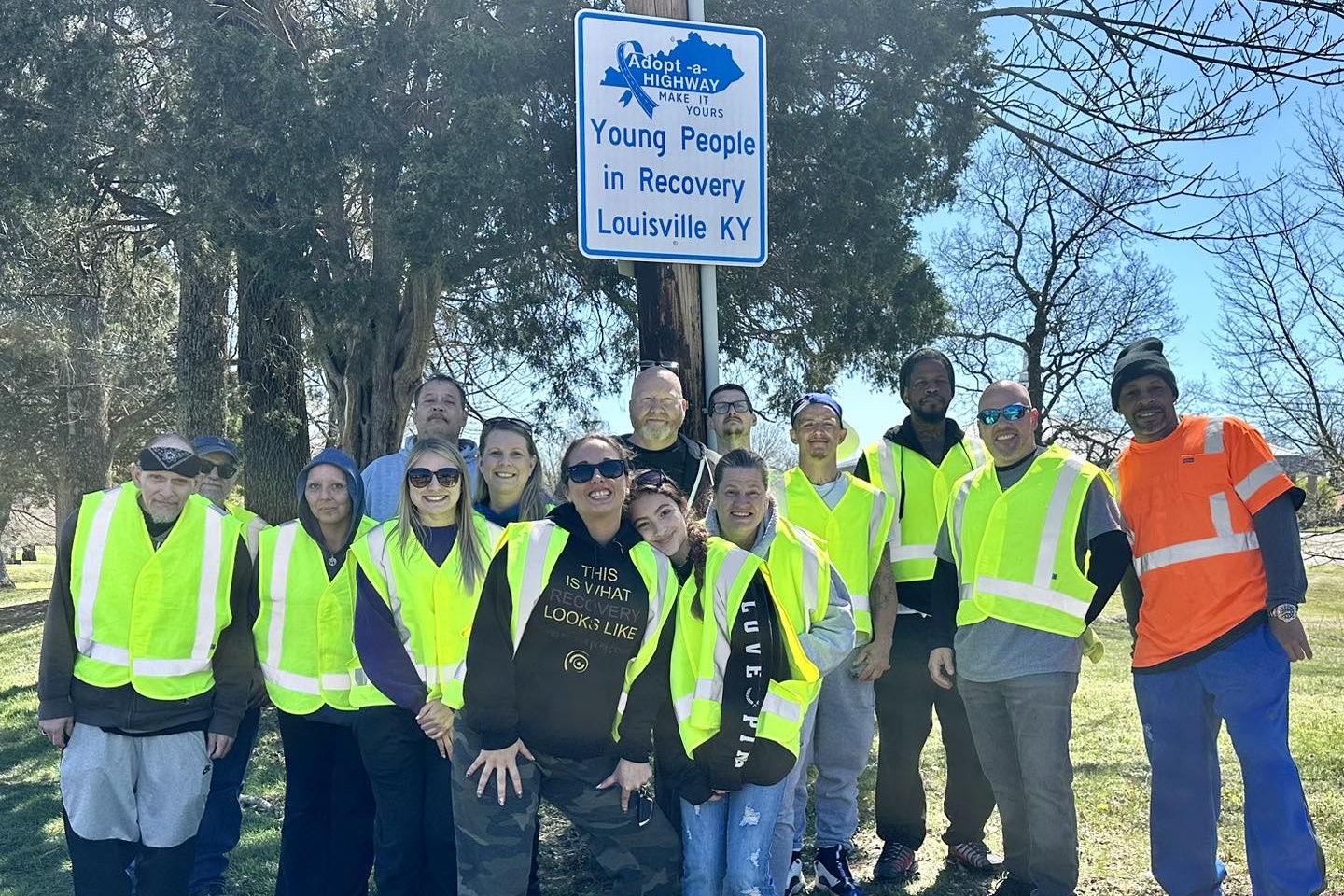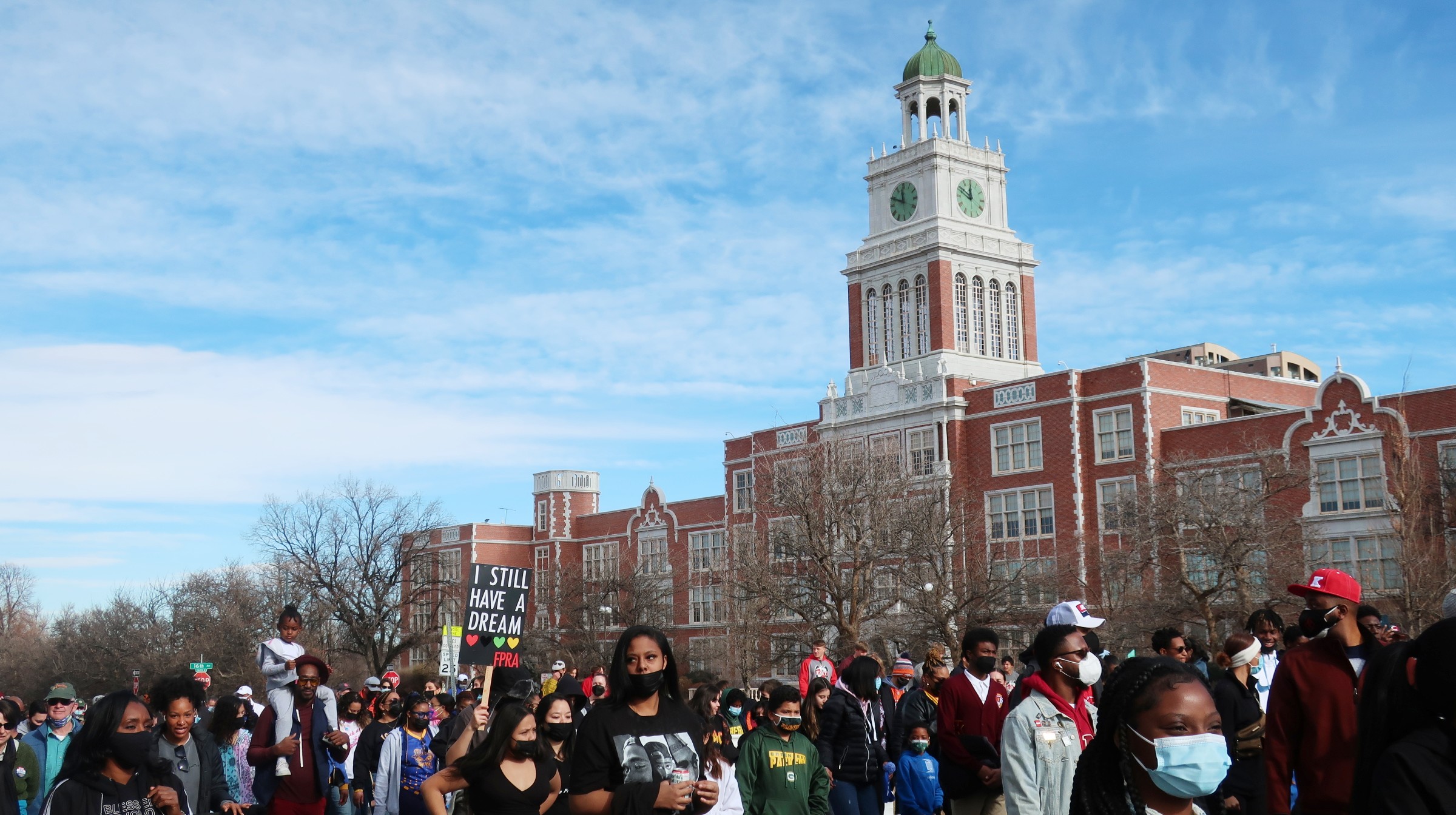
Updated at 5:31 p.m.
Thousands of people marched together Monday in Denver’s annual Dr. Martin Luther King Jr. parade Monday to honor the civil rights leader’s messages of social justice, unity and nonviolence. Last year’s march was held virtually due to the pandemic, but this year it went on in person.
The event, called a “marade” — a combination of march and parade, began with the laying of a wreath at the Dr. Martin Luther King Jr. “I Have a Dream” Monument in Denver’s City Park. Marchers walked west on Colfax Avenue to downtown’s Civic Center Park for speeches and celebrations. Several local organizations gathered food, clothing and hygiene items for charity.
Glenda Johnson has marched in the event for years, starting with Denver’s first one, 37 years ago.
“We shall overcome. We’re all God’s people and we can come together every day in unity and harmony and love on one another,” Johnson said. “It shouldn’t be because of the color of your skin. My blood will save you. Your blood will save me. We’re all one.”
Others were first-timers in the Denver event, one of the largest MLK Jr. Day celebrations in the U.S. A large march also attracted many people on Colorado's Western Slope in Grand Junction.
Lynette Roads, originally from Detroit, and came to Denver in 2019. Standing with a friend at the Denver march before the marade started, Roads said the event reminded her of the stories her parents and grandparents told her about Martin Luther King Jr. and about their own struggles as Black people. So, when Roads attended church Sunday and her pastor mentioned it, “I said, ‘Let me go see what it’s about and if it’s speaking the truth.’
“I'm hoping the message is just what Dr. Martin Luther King stood for, for unity, togetherness, to not see people’s color, but judge them by their character,” Roads said. “And more importantly that he stood for God, he preached nonviolence and that worked. And so I'm hoping it brings about a continuation of that speech and what he believed in.”
Several schools, some with cheerleaders and marching bands, were among the marchers.
Kristen Niemitalo Woods was one of several teachers from St. Anne’s Episcopal School. She said it’s important for teachers to study and remember civil rights activists and “by remembering, be part of that historical movement and help show our desire to participate in liberating children and liberating our world.”
She carried a sign with a quote from political activist and academic Angela Davis that said “We have to talk about liberating minds as well as liberating society.” On the other side of the sign, a quote from Martin Luther King Jr., read “The function of education therefore is to teach one to think intensively and to think critically.” That quote came from a speech King gave at Morehouse College in 1948.
Niemitalo Woods said she chose those two quotes because she’s still learning how to unlearn a lot of things she learned as a child – and wants to help her own students think critically.
“I think being around others and participating in a movement with a big group of individuals helps me to remember that I'm not just an individual in the classroom, and that I stand on the shoulders of giants, that my work matters and that educating my students to think critically is freeing my students.”
Learning from others is why Tim Tucker of Littleton has been bringing his son Keiran to the march for many years. Tucker said he remembers growing up in a predominantly white neighborhood in St. Louis, a city continually divided by race.
“There was a time in my life when I had to make an extra effort to kind of learn about the struggle for civil rights because I was never exposed to that as a child,” Tim Tucker said. “So, it's important for me to bring him down here and learn the significance of it and get to know the perspectives of everyone.
“You can go to the best schools academically and everything, but if you're not out there and meeting people of different backgrounds and learning about the struggles they have, then it's not really an education.”
Kieran Tucker, now in 8th grade, said he loves learning about history and enjoys the annual celebration.
“Honestly, I don’t get why people just can’t accept (multiple) races, we’re all the same on the inside.”
Sharice Konate said she likes to go to the parade because Martin Luther King Jr. did so much for humanity and even though she wasn’t alive before he died, she said he plays a big role in people’s lives.
“They’re still things going on in the world, but at the end of the day we’re all coming together and participating in the march. It shows the dedication people have and the respect they have for the man who did so much.”
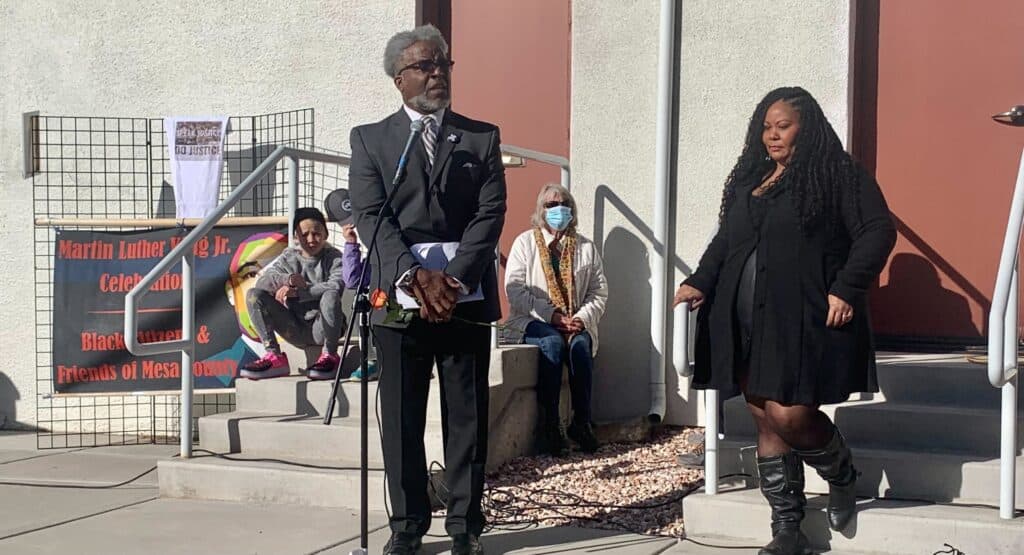
In Grand Junction, Martin Luther King Jr. day looked different than ever before. Black Citizens and Friends, a local racial justice group, traditionally puts on a multi-day King celebration, with community-building events like a group dinner, poetry slam and basketball tournament. This year, the events were drastically scaled down, distilled down to speeches by local leaders and a march.
Black Citizens and Friends President David Combs explained the King family had asked that celebrations be put on hold until federal voting-right legislation is passed. So often, people see this holiday as a day “off,” he explained. Speaking to a crowd gathered downtown, he challenged them to see it as a “day on.”
To him, it’s a day to try to encourage people to vote — and to encourage politicians to support bills like the John Lewis Voting Rights Advancement Act, which has stalled in the Senate.
“You don't have to be an African American to understand what it's like to have your right to vote curtailed or barriers to that right to be set up,” Combs said.
After speeches and proclamations were read by all the mayors of Mesa County’s largest cities, the crowd marched with roses to lay in front of Handy Chapel, Grand Junction’s historically Black church. Ta’Lor Jackson, Colorado Mesa University’s inclusivity coordinator, said it made sense to focus this year’s event on a push for voting rights, as King fought for that.
She said she also hopes people don’t accept a sanitized version of King and actually read his work, because "there was a lot of stuff in there about environmental justice, union and labor laws, which we're seeing right now as well,” she said, alluding to the ongoing strike at King Soopers stores in Metro Denver.
A large portion of the crowd was white and Jackson, who’s Black, said it was “great” to see people of different races standing up. People have done so much racial work both in Mesa County and the country, Jackson said, “but there’s a lot more to do.”

